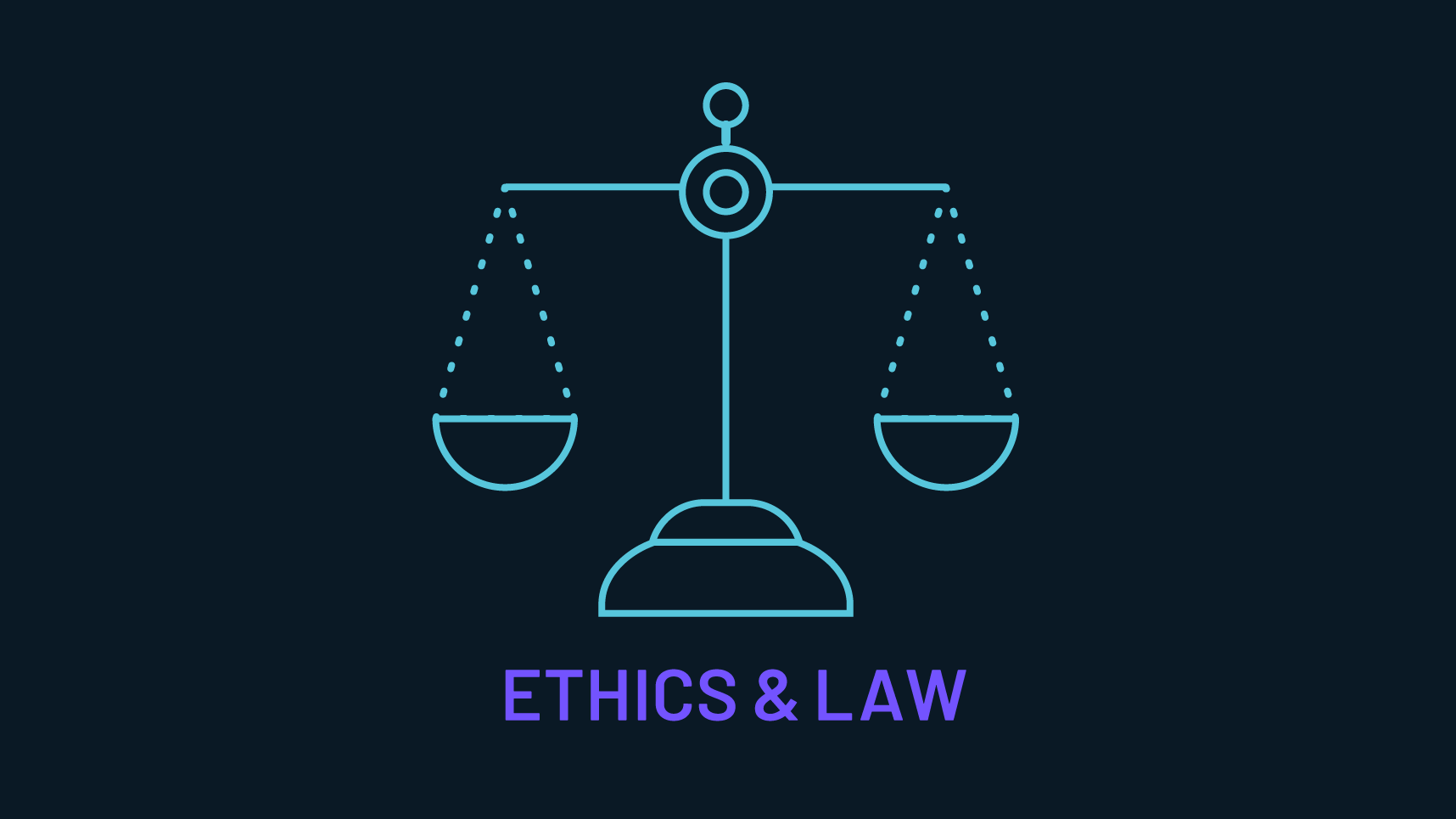To secure the well-being and quality of life for the people who live and work in buildings, we need to identify, explicate and address the ethical dimensions like trust, transparency, explainability, privacy, fairness, responsibility and safety.
Whilst digitalisation is a key facilitator for collaboration between systems and actors and is instrumental to the creation of smart and sustainable buildings a number of ethical issues attach. For a building, or indeed a whole city, to be truly smart and socially as well as environmentally sustainable we need to identify, explicate and address these ethical dimensions. Focusing solely on the technical aspects of digitalisation might achieve high efficiency but risks putting other dimensions of ‘smart’, e.g. the increased well-being and quality of life for the people who live and work in those buildings, in the back seat.
Examples of important ethical issues include trust, transparency, explainability, privacy, fairness, responsibility and safety.
In order to promote understanding of the ethics the discussion cannot be too abstract. The issues need to be applied and contextualized, for example:
- How can data be shared in order to promote social sustainability?
- What is required for trust in this context?
- What are the relevant dimensions of fairness?
- How can we allocate responsibility?
Further, there is a need to address value conflict that are likely to materialize. Consider, for example, the potential tension between sustainability and privacy or between privacy and transparency.
The Ethics WP runs parallel to all the other WPs and in close collaboration with the research that is going on in all WPs. For the ethical analysis to be useful and have impact it needs to be:
- conducted in close collaboration with the other researchers and
- be an integrated part of the Dig-IT Lab as a whole.
Deliverables
All deliverables in the Ethics WP have been designed to ensure stakeholder input, relevance and applicability. Taken together they stand to inform, as well as provide practical tools for, good decision-making (understood as decisions, which are informed by both ethical values and expertise in, for example, technology, architecture, urban planning and construction).
The ethics work will be structured around three main deliverables:
D1 – Code of Conduct / Ethics policy
Data processing and sharing in the Dig-In Lab is likely to bring to the table a number of ethical issues that are not covered by the GDPR or other relevant legal frameworks or regulations. This deliverable will assist in the identification and handling of central ethical issues attached to data sharing, storage, analysis and data dissemination to the various stakeholders and establish ethical guidelines.
D2 – Ethics counselling sessions
An ethics counselling is a dedicated session where we discuss ethical issues and potential grey-zones related to the research projects in Dig-IT Lab. This is a useful method which enables researchers to transitions from the abstract, theoretical awareness of ethics in the research to a more hands on, applied understanding. It is an efficient way to overcome the challenges that attach both to identifying and addressing the potential ethical issues related to one’s research project.
D3 – Value sensitive design training for ethically responsible technology development
We will organize a series of workshops where we introduce and use an applied part of a method called Value Sensitive Design (VSD). Value Sensitive Design (VSD) is a widely used method for facilitating identification and reflection on the social and ethical aspects of new technologies during the development/design process.
The workshops will involve all interested partners in the Dig-IT Lab with an eye to promote ethical awareness and ethical choices – engineers can intentionally inscribe the desired values in the design process, e.g. equality, sustainability, collaboration and diversity. Further, the method can facilitate the identification of stakeholders, potential value conflicts and reduce the risk of negative outcomes.
See also

Ethics and law: Digitalisation
A sub theme focusing on how to use data from smart buildings in a way that conforms to the legal requirements.



